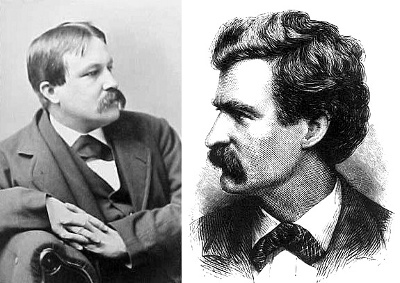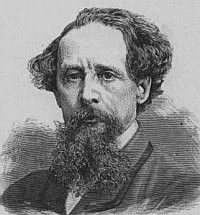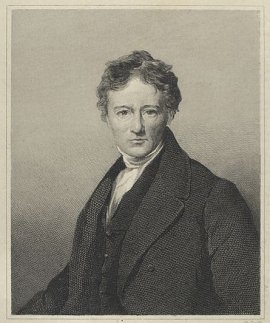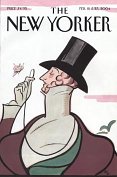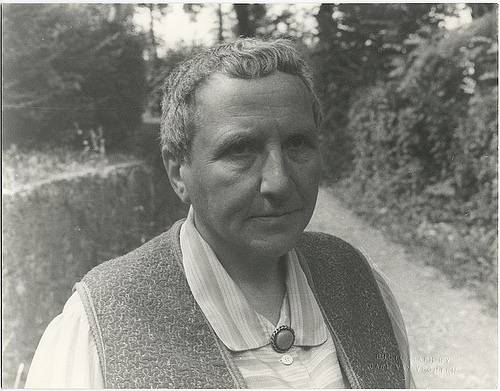While Tess of the d’Urbervilles was being serialized in the Graphic in 1891, Thomas Hardy’s editor objected to the scene in which Angel Clare carries Tess and her three dairymaid companions across a flooded lane. In the interests of propriety, the editor suggested that Angel use a wheelbarrow instead.
Hardy “carried out this unceremonious concession to conventionality with cynical amusement”:
‘Are you trying to get to church?’ he said to Marian, who was in front, including the next two in his remark, but avoiding Tess.
‘Yes, sir; and ’tis getting late; and my colour do come up so –‘
‘I’ll wheel you through the pool — all of you — with pleasure, you’ll wait till I get a barrow.’
The whole four flushed as if one heart beat through them.
‘I think you can’t, sir,’ said Marian.
‘It is the only way for you to get past, and there’s a barrow in that shed yonder.’ In a minute or two he had fetched the wheelbarrow and rolled it till it stood beneath them. ‘Now, Marian, attend,’ he continued, ‘and sit upon the top, and put your arms round my shoulders, so; or you’ll fall off. Now! Hold on. That’s well done.’
Hardy also had to remove the seduction scene and the christening of Tess’ illegitimate infant. The whole exercise was rather pointless — the “offensive” passages were restored in the first book edition that November.

